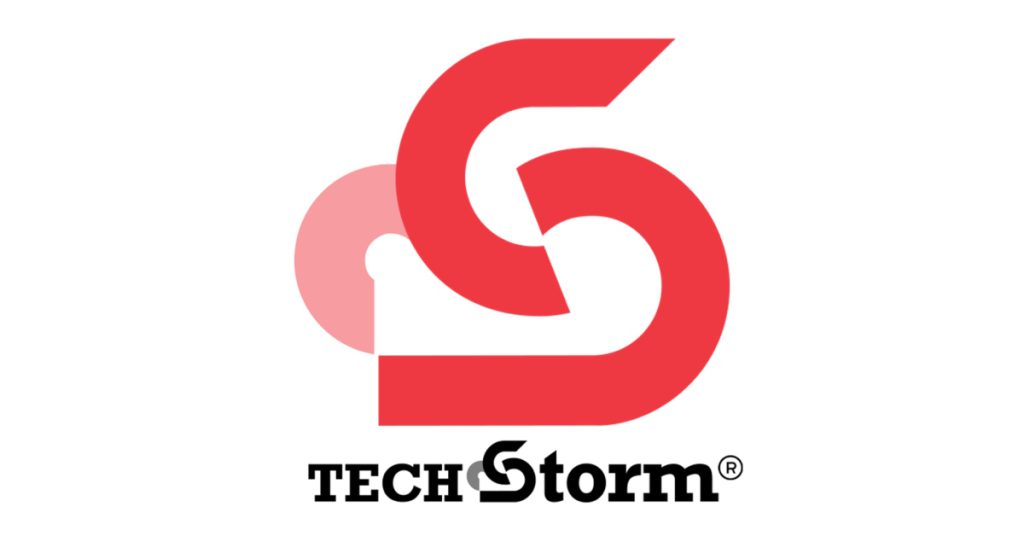[This is a sponsored article with Employment Hero.]
During the peak of COVID-19’s lockdowns, companies around the globe had no choice but to figure out remote working.
But as we came out on the other side of the pandemic, we’ve either returned to the office full time, decided to permanently remote work, or taken on some form of hybrid arrangement.
As our world at work continues to change, we can expect to see the rise of the hybrid workforce with a remote-first approach to working.
But if you’re an SME owner who’s unsure of how to effectively manage your team in hybrid working arrangements, Employment Hero, an all-in-one HR software, aims to alleviate your concerns via their Remote-First Playbook.
Following that, Employment Hero called on us to find Malaysian SME bosses to learn about their proven methods for effectively managing their hybrid/remote teams.
They are:
| Interviewee | Company | Hybrid/remote working arrangement |
| Jason Shong, Finance Vice President | Dataswyft | Work-in-office for the first week of probation, then 1 day in office, 4 days WFH |
| Bryan Lim, Director of Business and Brand Marketing | Blankslate | 3 days in office, 2 days WFH |
| Jonathan Tan, Managing Director | VoxEureka | Team has the freedom to choose where they work |
| Irsyad Saidin, Director | Pentas.io | Fully remote since day 1 |
1. Focusing on results and output, not the number of hours or tasks employees fulfil
In a remote setting, managers may struggle to have a real-time view of what team members are working on. This may lead to uncertainty about their team’s efficiency which could impact overall productivity.
Our interviewees shared that they navigate such concerns by enforcing and upholding a results-driven culture.

Blankslate’s Bryan shared that his production company operates on a hybrid working arrangement because he’s seen benefits in providing his teammates with the liberty to manage their own schedules and workload.
“Because ultimately we place a greater focus on the outcome and results while making sure everyone meets their deadlines,” he said.

Dataswyft’s Jason agreed and said, “The employees here are not selling their time to the company, but rather they sell their services to the company. So we do not practise clocking [in and out], we practise getting work done.”
Did you know: An employee management system such as Employment Hero can help you manage your team’s OKRs (Objectives and Key Results) to help them stay on track with their goals and project timelines.
2. Using cloud-based tools for digital collaboration and communication
Team-based collaboration can come up as another concern with hybrid working. A lack of, or delays, in communication can cause misunderstandings, which may ultimately affect a project’s delivery.

Investing in cloud-based systems can help overcome this, and our interviewees have several systems they’ve implemented in their companies to help their teams collaborate.
From Slack, Microsoft 365, and Asana to Lark and Google Suite, there are a plethora of paid and free platforms available for collaboration on the cloud.

What matters most is for team members to effectively utilise these tools and continuously update them as well.
As another example, Jonathan’s PR agency also cultivates habits such as indicating when someone is “AFK” (away from keyboard). “These habits of clear communication have become a cornerstone of our work culture,” he pointed out.
3. Having physical meetups for important meetings
While the SME bosses we interviewed have their individual platforms to manage team-based collaboration, three out of four interviewees still believe that physical meetups are important in their company.

Jason, whose fintech company has team members placed globally, realised that remote meetings aren’t good for deep decision-making sessions where they would need to involve drawings, charts, etc.
“So we organise periodic physical sprints, where everyone gets together at the founder’s house for a few days, makes all the deep decisions, and then we all go remote to execute the decisions made and come together in a sprint again,” he elaborated.
VoxEureka also believes in physical meetups and has “All-In” days where everyone gets together at the office for town halls to reconnect and re-energise the team.
As Jonathan, the agency’s Managing Director highlighted, “We recognise the irreplaceable value of physical presence and strive to maintain that warmth and connection alongside the flexibility of remote work.”

Did you know: Employment Hero can also help you stay in touch with employee engagement by allowing your team to provide their feedback on anonymous Employee Happiness Surveys every month on the platform.
4. Hiring based on a candidate’s accountability when working remotely
As with every company, there will often be new hires joining the team. So how do these bosses ensure they properly onboard new employees into their hybrid working systems?
“We have a company-wide onboarding process where we teach new hires how to work collaboratively with the tools and methodology that we have implemented,” said Irsyad, Director at Pentas.io. “For example, during working hours, they are required to be online on Discord for easy communication.”

On the other hand, Jason believes that digital savviness is a very important criterion when hiring someone for his company, given the cloud systems they use.
To ensure that new hires can uphold the requirements expected of them when they work remotely, every employee will start working in the office full time for the first week.
Every probationer also has a set of KPIs they need to meet before they are hired and are given remote working privileges.
Did you know: Employment Hero’s Learning Management System (LMS) can help you develop your people and track their progress via training programmes you can build or upload.
These KPIs could be “Respond to Slack messages within two hours of office time”, or “Able to be completely self-supervised by the second month”.

It’s all about trust and accountability
All in all, these SME bosses pointed out that for hybrid working arrangements to work, it is deeply rooted in trust and accountability between employees and the company.
As Jonathan succinctly described, “It’s the trust and unity in our principles that pave the way for effective management, more so than any system.”
“This trust has rewarded us with a remarkable 96% staff retention rate in 2022.”
Bryan shares the same view and expressed, “It is important for our teammates to self-cultivate work accountability and discipline while maintaining adequate personal or family time at home to prevent possible burnout.”
According to Employment Hero’s Remote-First Playbook, employees love the flexibility of remote working as it allows them to pay attention to other areas of their personal time too.
“It’s a case of supporting your team with greater flexibility so they can decide where and how they choose to work and live,” the report detailed.
If you’re an SME boss who’s curious to learn about practical tips on implementing hybrid working arrangements in your company, you can download the Remote-First Playbook here.
Featured Image Credit: Jason Shong, Finance Vice President of Dataswyft / Bryan Lim, Director of Business and Brand Marketing at Blankslate / Jonathan Tan, Managing Director of VoxEureka / Irsyad Saidin, Director of Pentas.io











